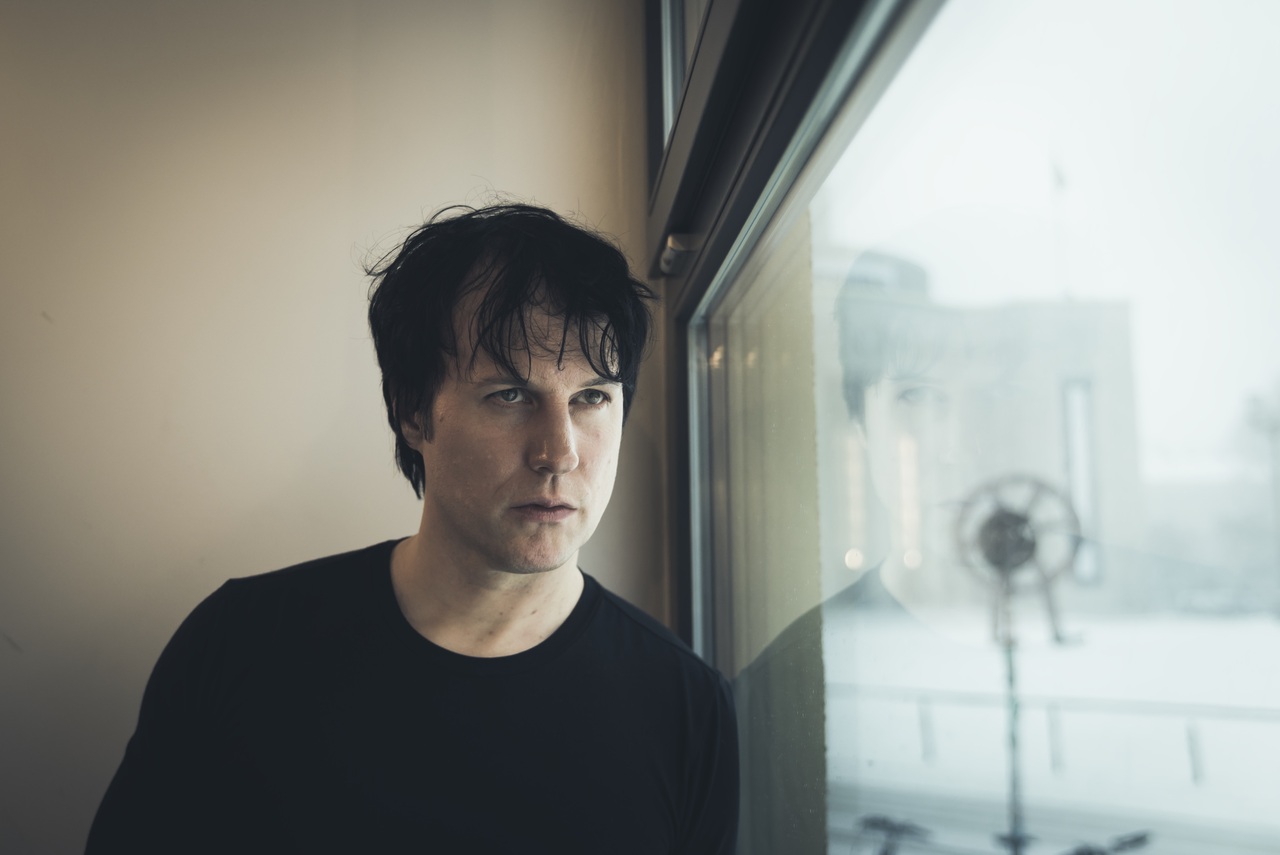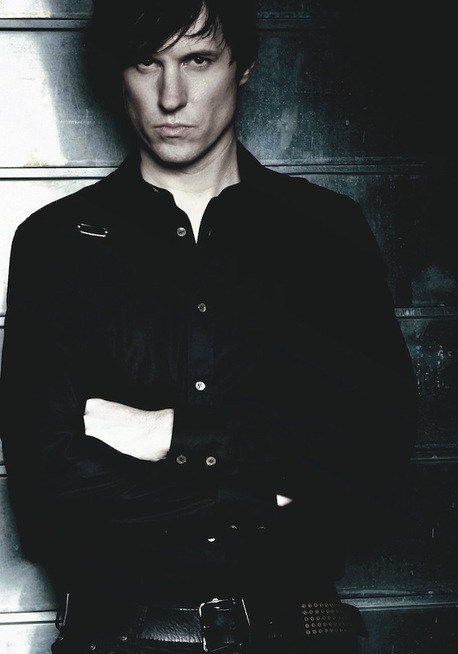Following his 1998
Atari Teenage Riot tour in the US, Alec Empire needed a distraction and decided to become better acquainted with Presley’s work. Several movies and albums later, the record came to be, a crazy yet praised jumble of the King’s voice and Empire’s sounds and humour. But what was it about Elvis that caused such an inspired reaction? It could be the same things that charmed the whole world.
Beyond the fans’ experience, the whole entertainment industry was shaped by Elvis' charm and talents. Dancers can trace techniques back to his swiveling hips and passion. He and his flamboyant suits epitomized owning one’s fashion, being proud of one’s individuality. Even casinos thank him for 1963’s "Viva Las Vegas" -
a tribute to the electrifying world of Sin City. And, of course, the silver and TV screen could not get enough of Presley, this smooth-voiced chameleon. Looks, moves, showmanship, Elvis was a difficult man to resist and not be dazzled by. As Radio X conveys, his value was not in his 33 acting credits, but the things he taught the world and, particularly, the music scene. From stage presence to business savvy, much wisdom could be carried forward from his success story. And it has been. If his presence is felt alongside the likes of Mick Jagger, Rage Against the Machine or Radiohead, to name but a few, is it that hard to believe that Empire was caught by the Elvis magic? Perhaps for different reasons, but caught indeed.


